Companion Planting for Pumpkins: 17 Friendly Plants for Your Backyard Garden
Published June 23 2023, 4:02 p.m. ET
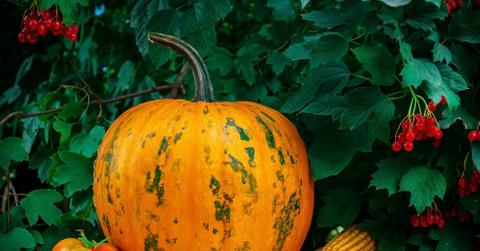
In addition to being a favorite for Halloween jack-o’ lanterns, pumpkins are highly nutritious plants loaded with vitamin A and antioxidants and can grow in many soil types. In fact, according to the U.S. Department of Agriculture, pumpkins are grown in every state!
If you’re interested in growing pumpkins, companion planting is one technique of permaculture growing that can help transform your garden and let your pumpkins flourish! Here are some of the best vegetable, flower, and herb companion plants for pumpkins (and a few plants to avoid).
Corn
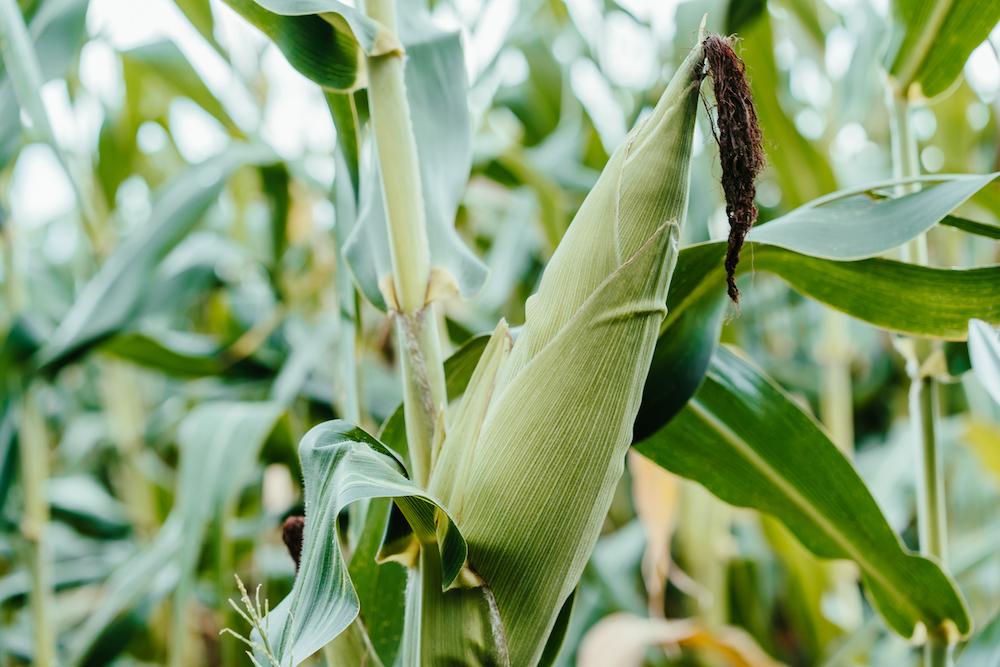
Corn is an excellent companion plant for pumpkins because it provides shade and helps to stop the squash vine borer beetle from feasting on the pumpkin vines. According to Plants Spark Joy, you can even use squash vines and the vining cucurbits as a kind of living mulch!
Peas
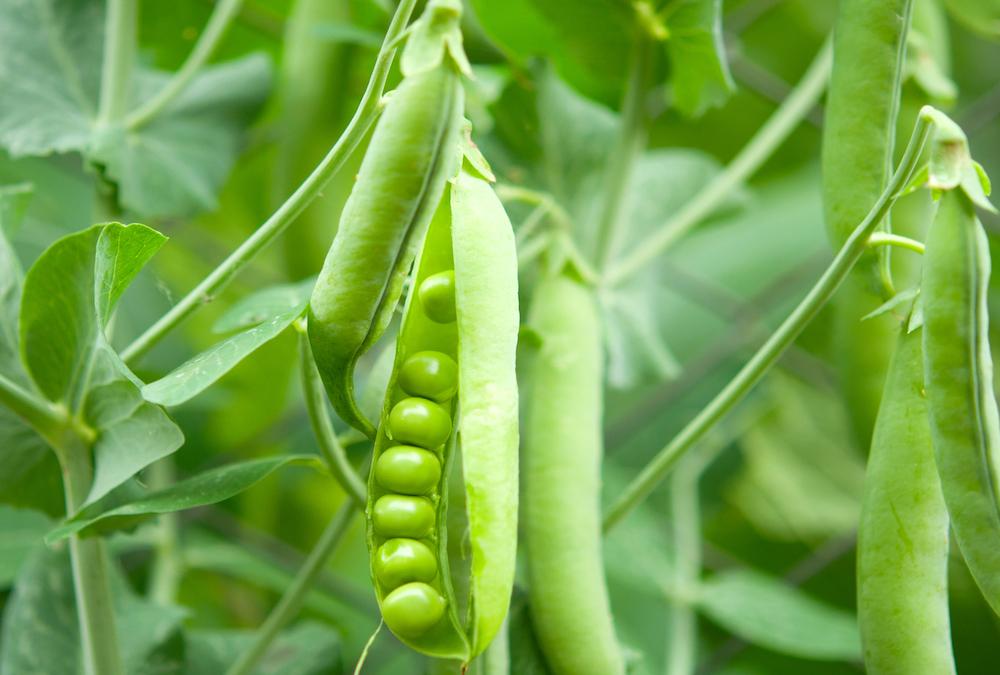
Peas and other legumes can help improve the nitrogen in the soil, and can be very beneficial companion plants to pumpkins.
Lettuce
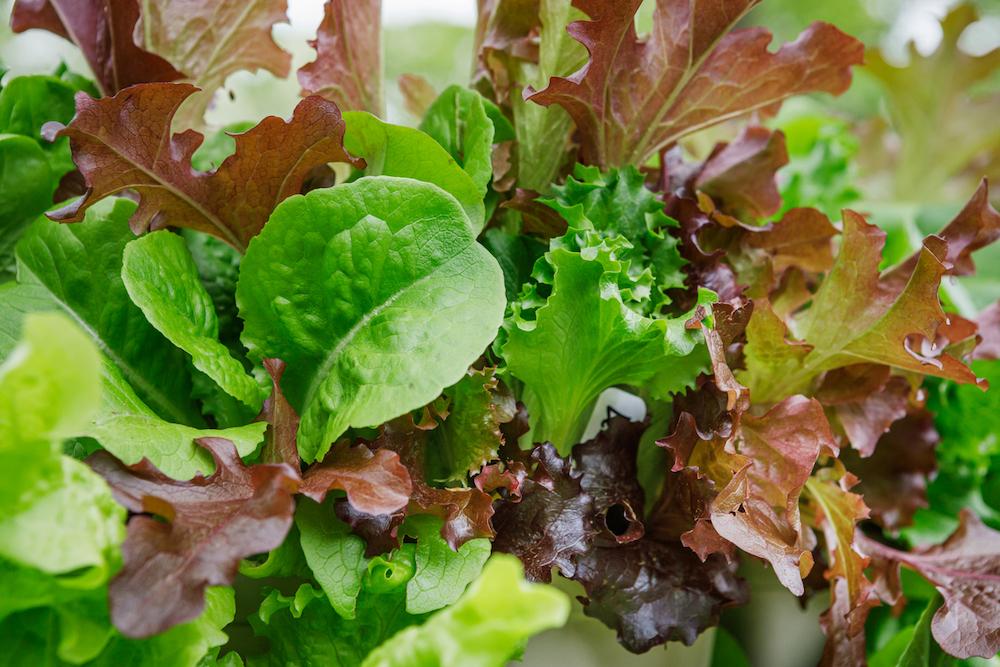
Due to its shorter roots, lettuce doesn't risk competing with pumpkins and can be a good choice to plant nearby. Lettuce is often a popular companion plant, says Backyard Gardener's Network, and interplanting lettuce with other kinds of plants can increase soil diversity, attract beneficial insects, and help prevent plant disease.
Dill
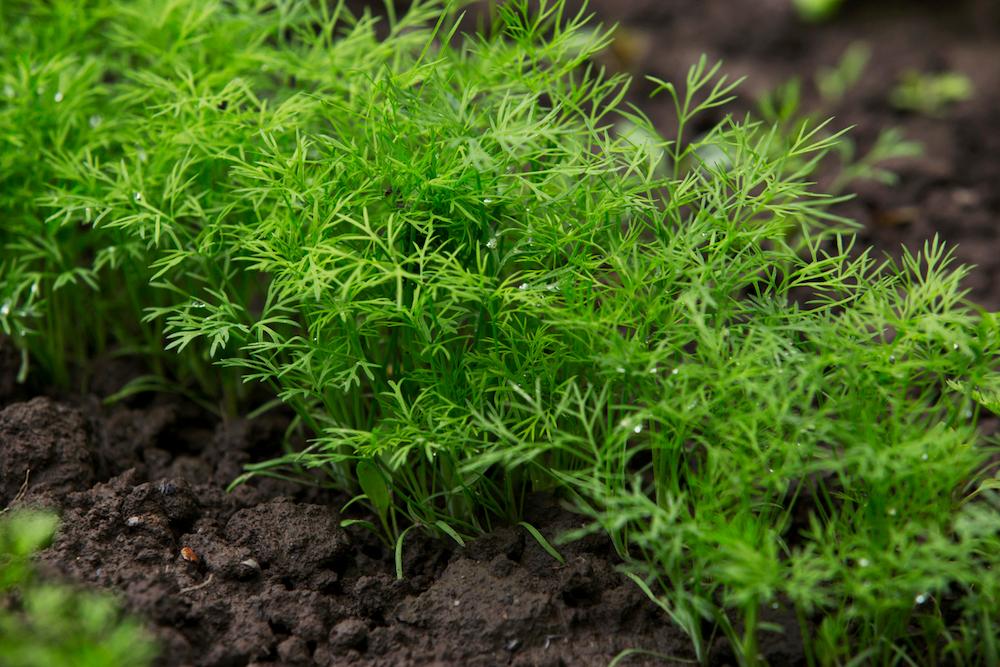
Dill is excellent at repelling aphids and squash bugs, which can be devastating to pumpkins. They are also excellent at attracting beneficial insects, such as ladybugs and praying mantises, according to Masterclass.
Radishes
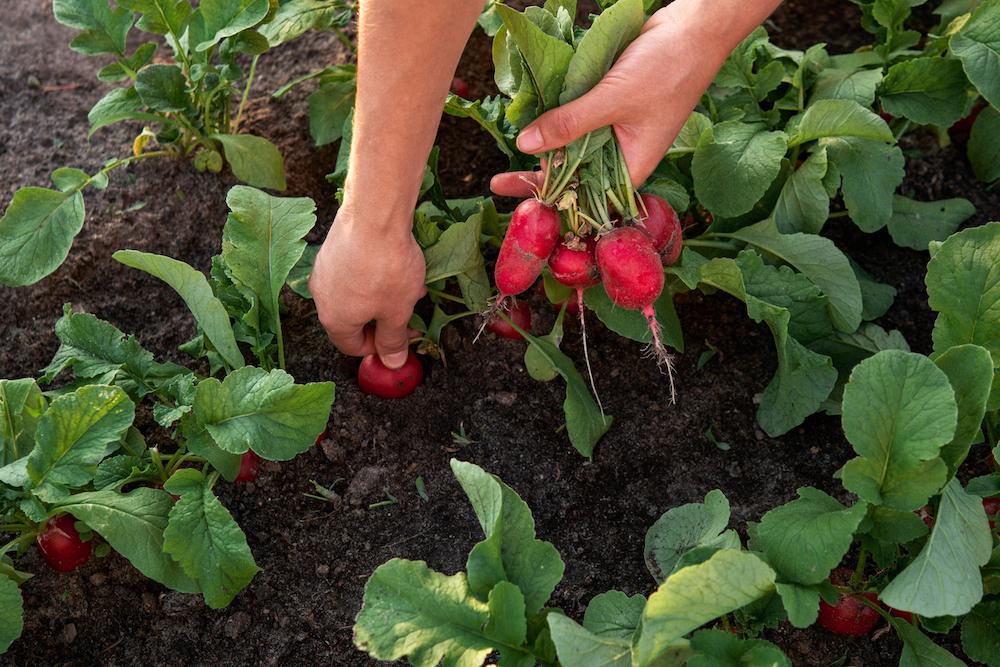
Similar to other plants on this list, radishes are very effective at repelling striped cucumber beetles and other squash-loving insects.
Sunflowers
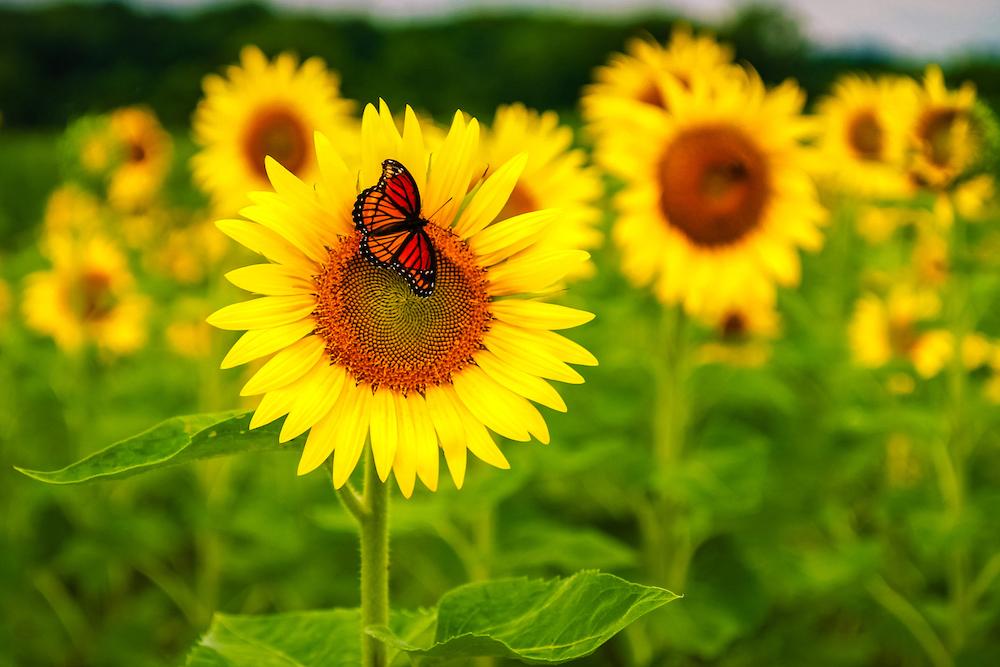
Sunflowers are excellent pollinators and make a wonderful companion plant for pumpkins. They also help with pumpkin vine stability, and because the sunflowers attract birds to their seeds, they naturally help to repel pests.
Oregano
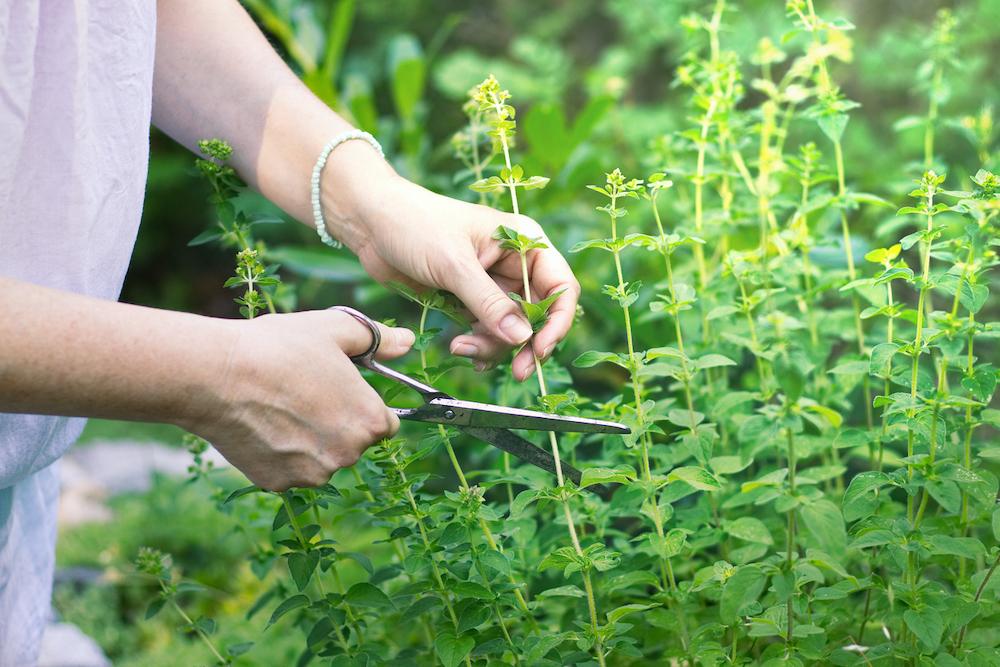
Like dill and other herbs, the strong odor of oregano can help deter squash bugs.
Basil
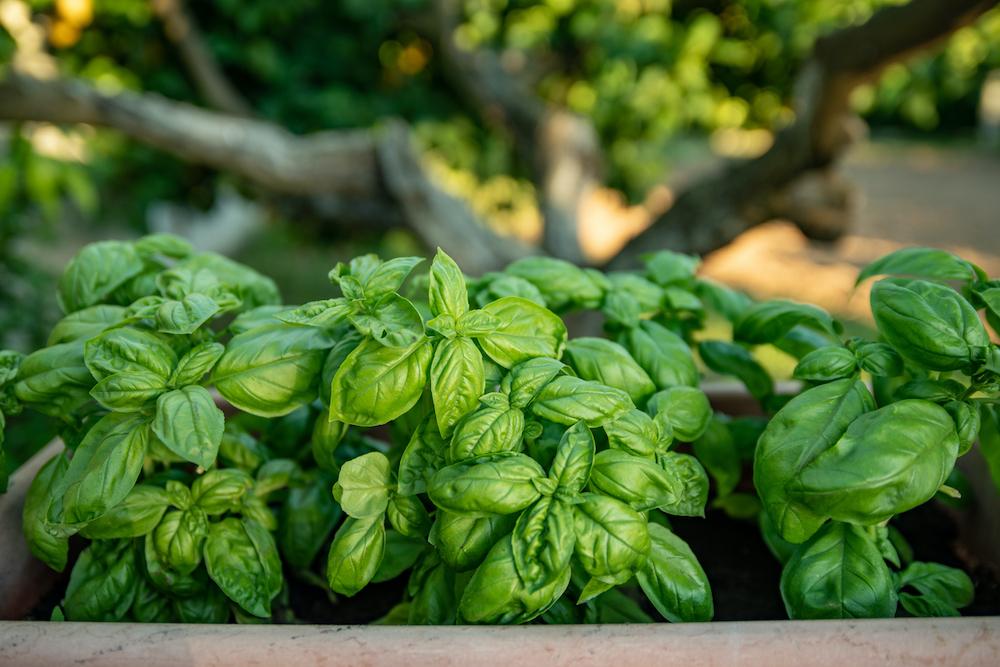
Basil can help repel pests like ants and mosquitoes, as well as flea beetles which can feed on pumpkin leaves. Not to mention, Savvy Gardening says basil plants are pollinator magnets and a draw for beneficial insects.
Nasturtiums
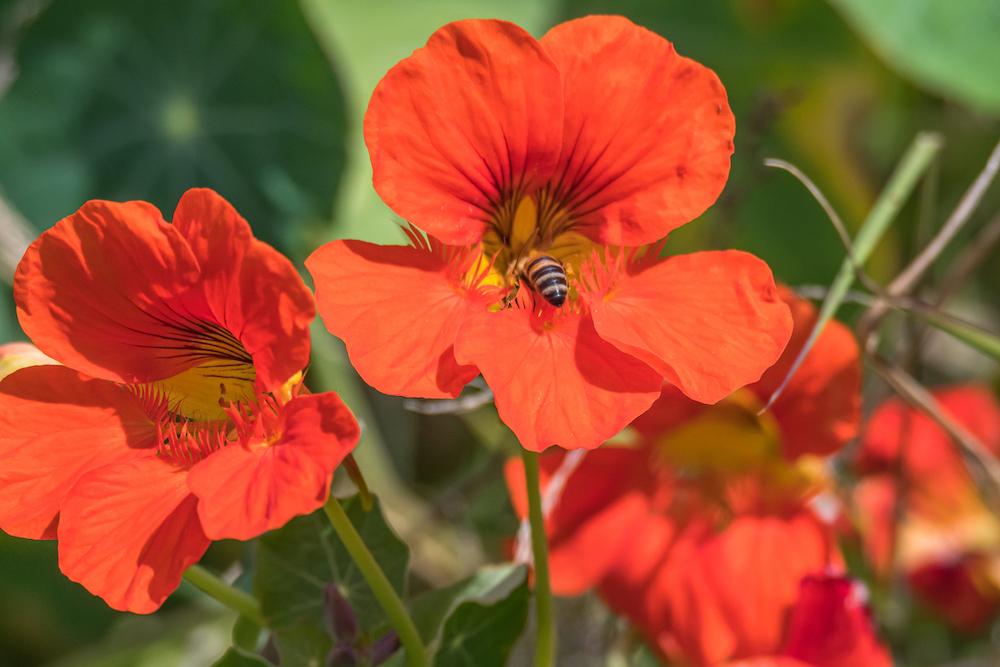
Another beautiful type of flower, nasturtiums not only attract bees and butterflies but can repel squash bugs and cucumber beetles.
Borage
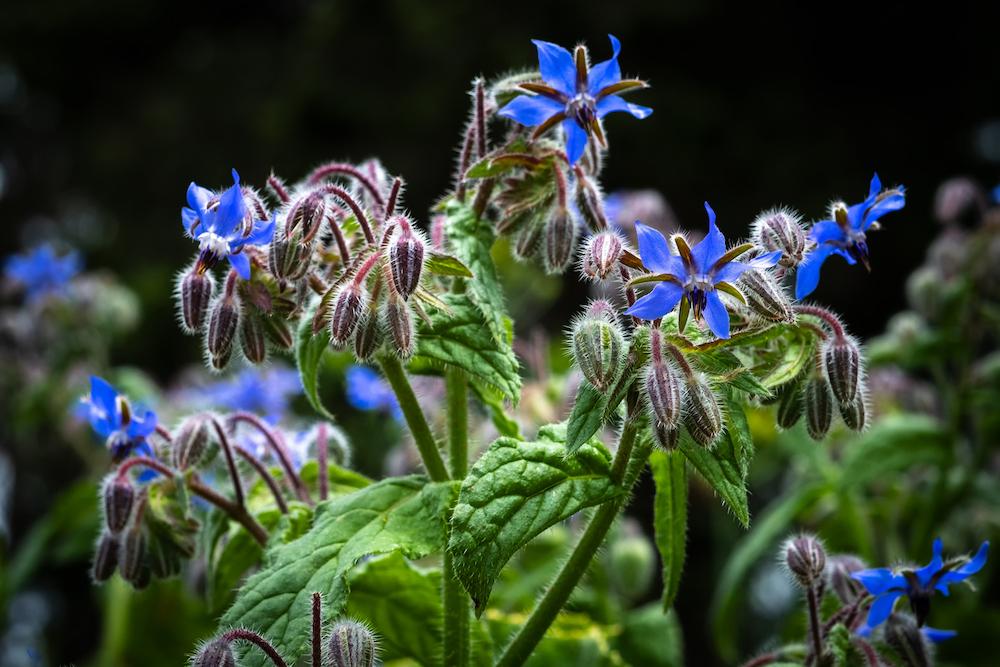
This medicinal herb that is commonly used in tea acts as a natural slug repellent. Not only do slugs love to munch on pumpkin leaves, but they can eat the actual pumpkin as well.
Mint
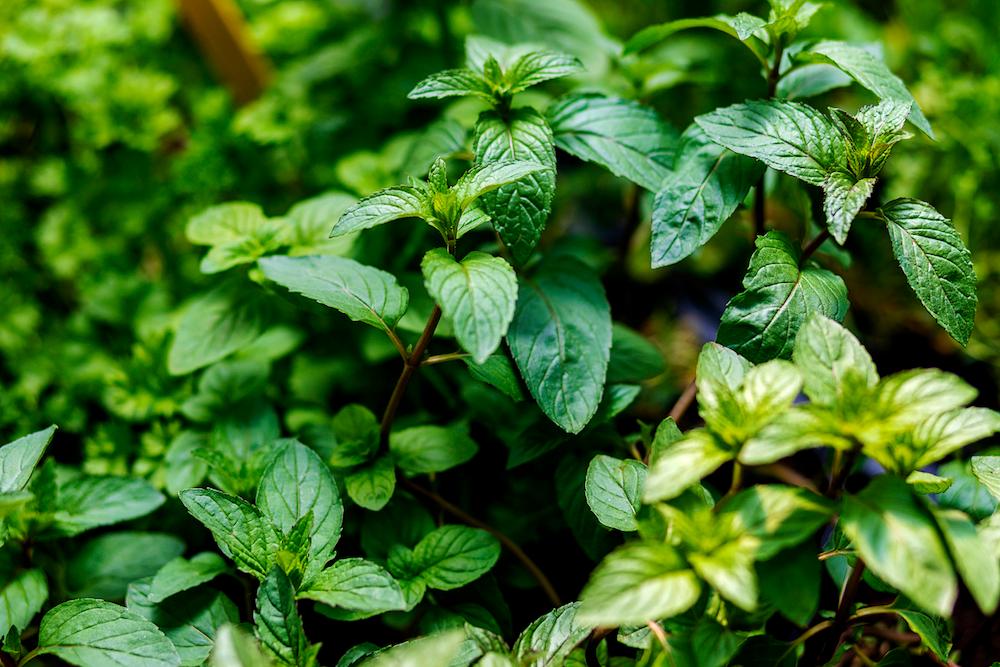
Mint flowers are a good source of nectar that invites beneficial insects like bees and butterflies. However, avoid planting mint near basil or oregano because it can overtake other herbs and pull nutrients away from them.
Marjoram
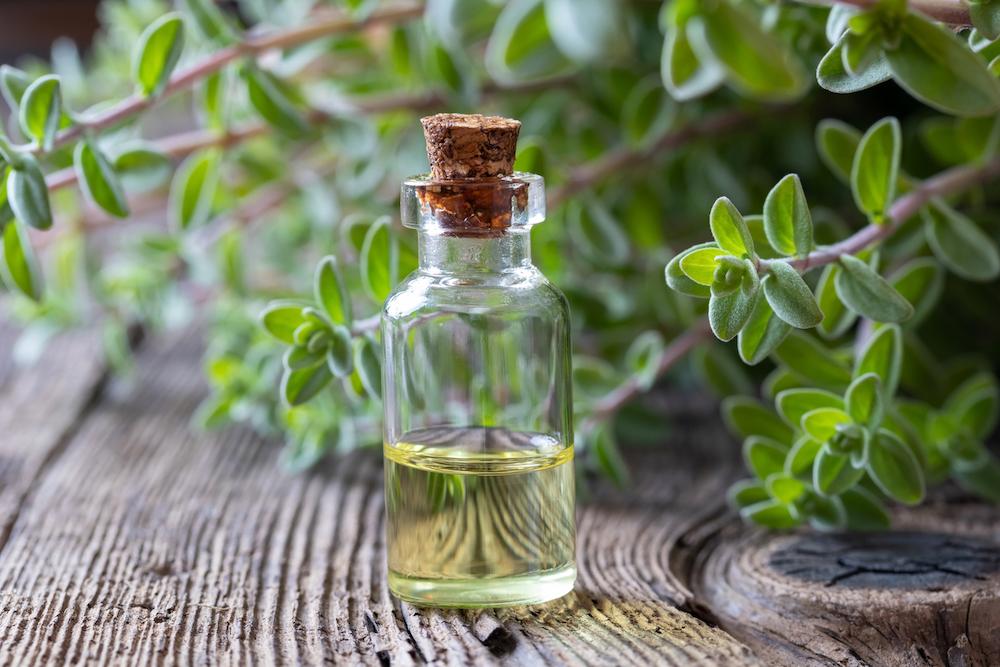
It’s garden legend that planting this sweet medicinal herb near pumpkin vines can help improve the pumpkin flavor.
Chives
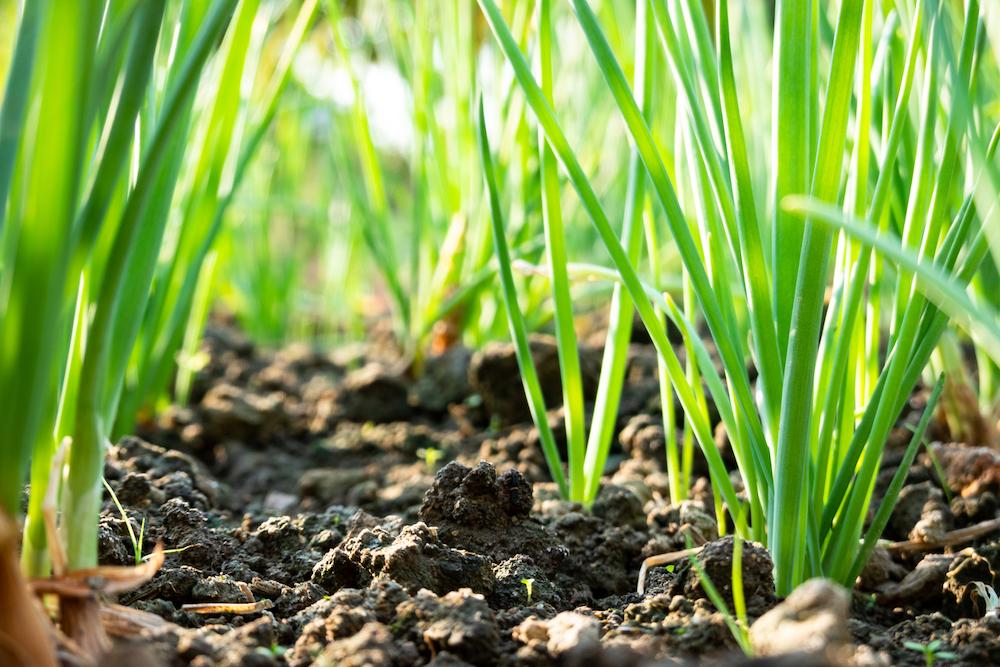
Chives can deter rabbits, Japanese beetles, and aphids away from your pumpkin crops. Garlic chives are also adaptable to many different soil types and very cold-hardy, making them perfect for growing in the fall, according to Happy Sprout.
Marigolds
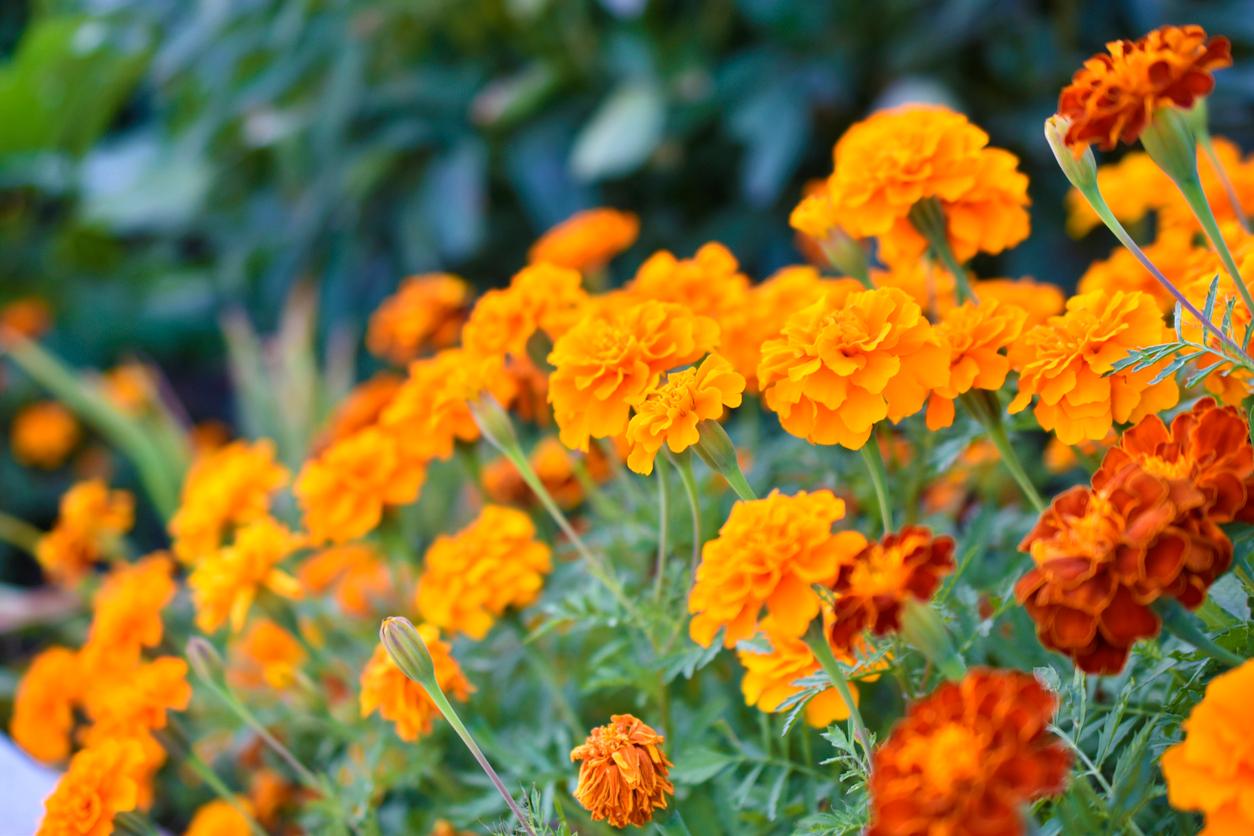
Marigolds are especially good at repelling root-knot nematodes, a soil-loving bug that can form lesions on pumpkin roots by releasing their own chemical into the soil. They can also deter rabbits, potato beetles, flea beetles, squash beetles, Japanese beetles, and more, according to Kellogg Garden.
Green beans
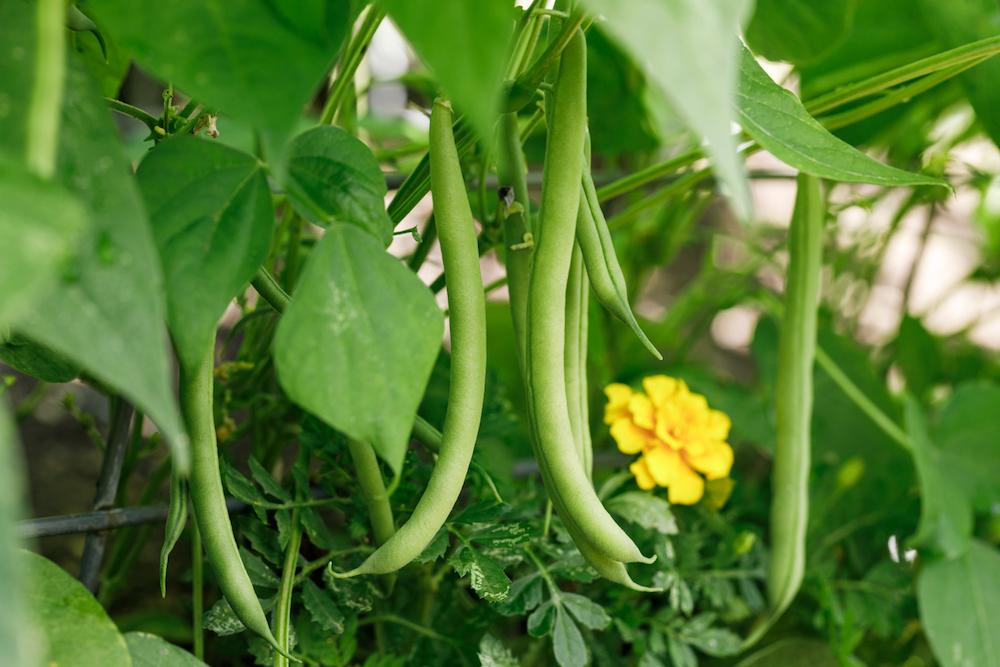
Another one of the “three sisters,” (beans, squash, and corn), climbing beans are a useful companion for pumpkins as they help add nitrogen to the soil.
Chamomile
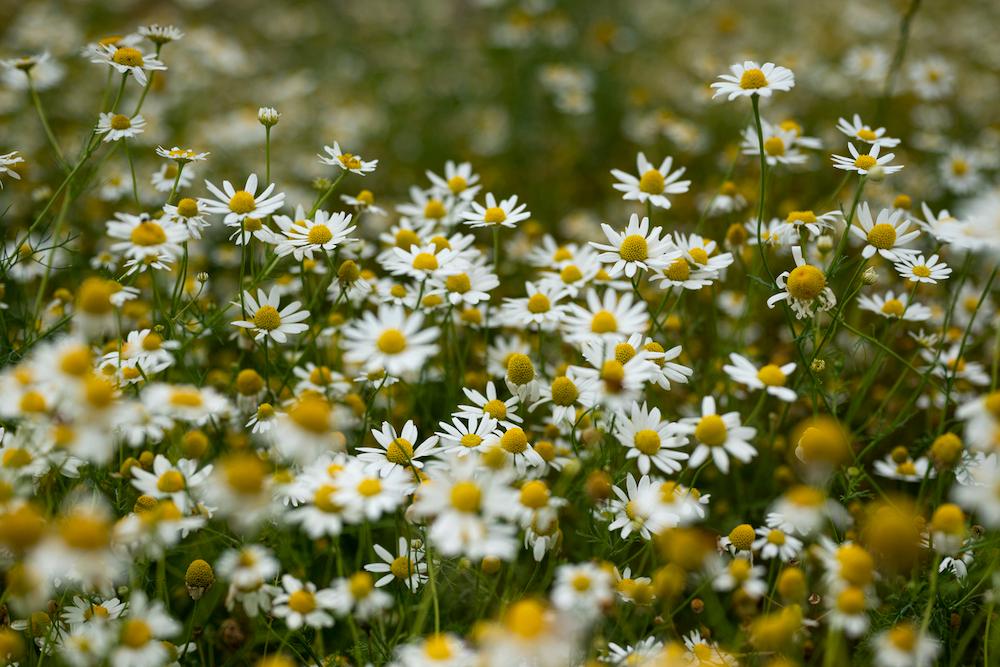
Chamomile serves many purposes: its roots add extra nitrogen to the soil, the strong aroma can deter certain pests while attracting pollinators to the area.
Cosmos
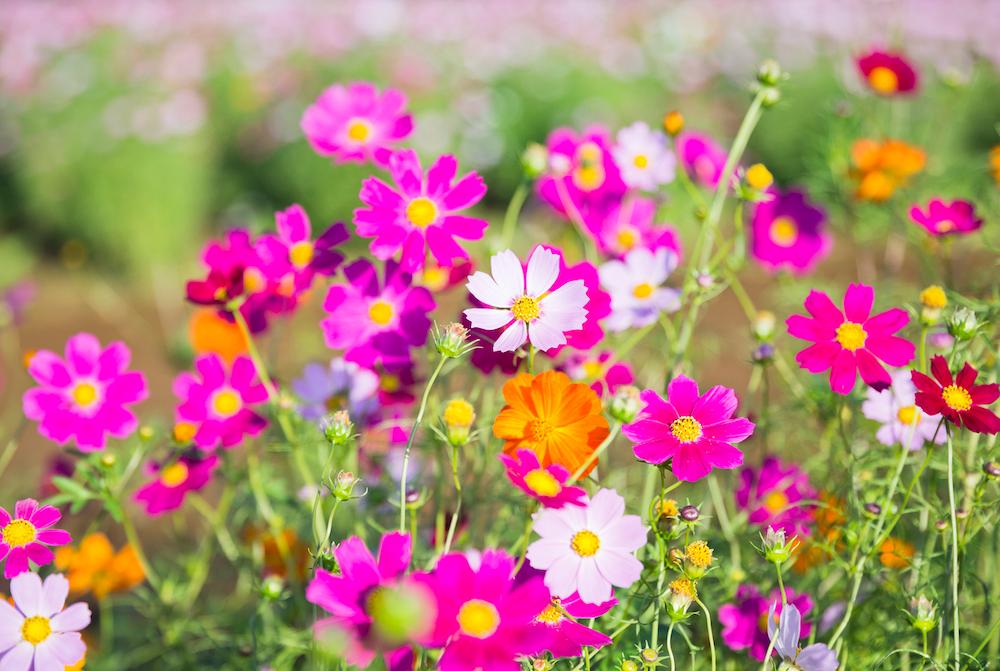
These bright flowers attract pollinators like bees and hoverflies. According to The Micro Gardener, cosmos are also relatively easy to grow and flower for long periods, saving money on seeds. You can also eat the petals of cosmos sulphureus flowers and add a splash of color to your salad!
What plants make poor companions for pumpkins?
Pumpkins shouldn't be planted near root vegetables like beets, potatoes, onions, and carrots, as their roots will compete for nutrients. Additionally, plants in the cabbage family, like cauliflower, broccoli, Brussels sprouts, and kale, should also be avoided. Lastly, fennel can stunt pumpkin growth, so it should not be a companion plant.